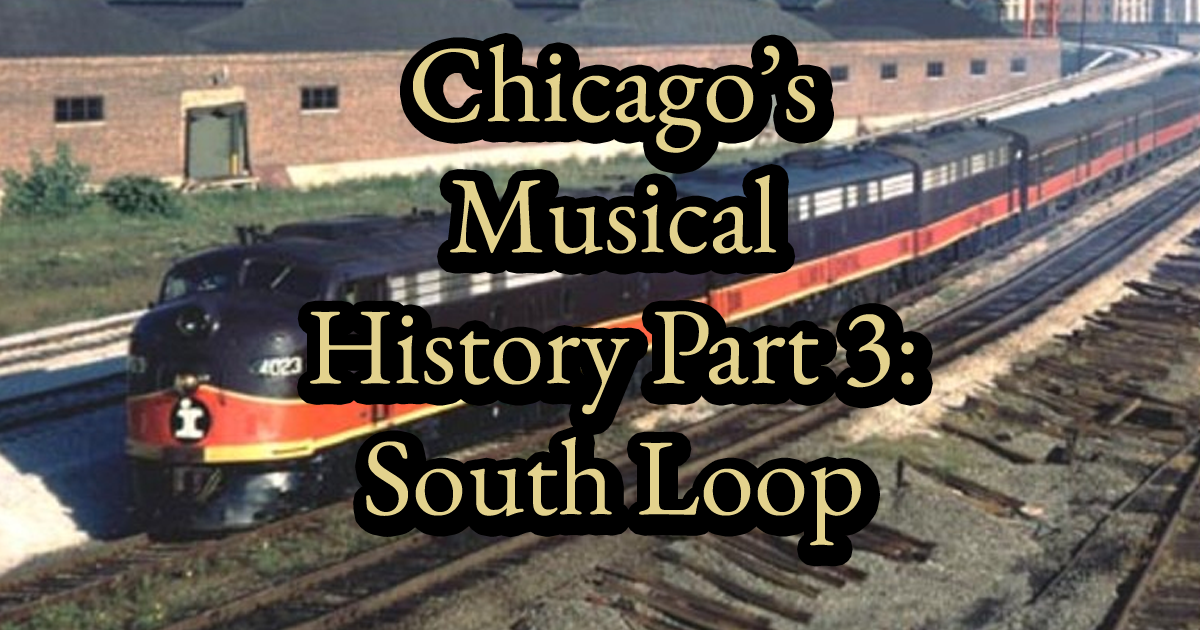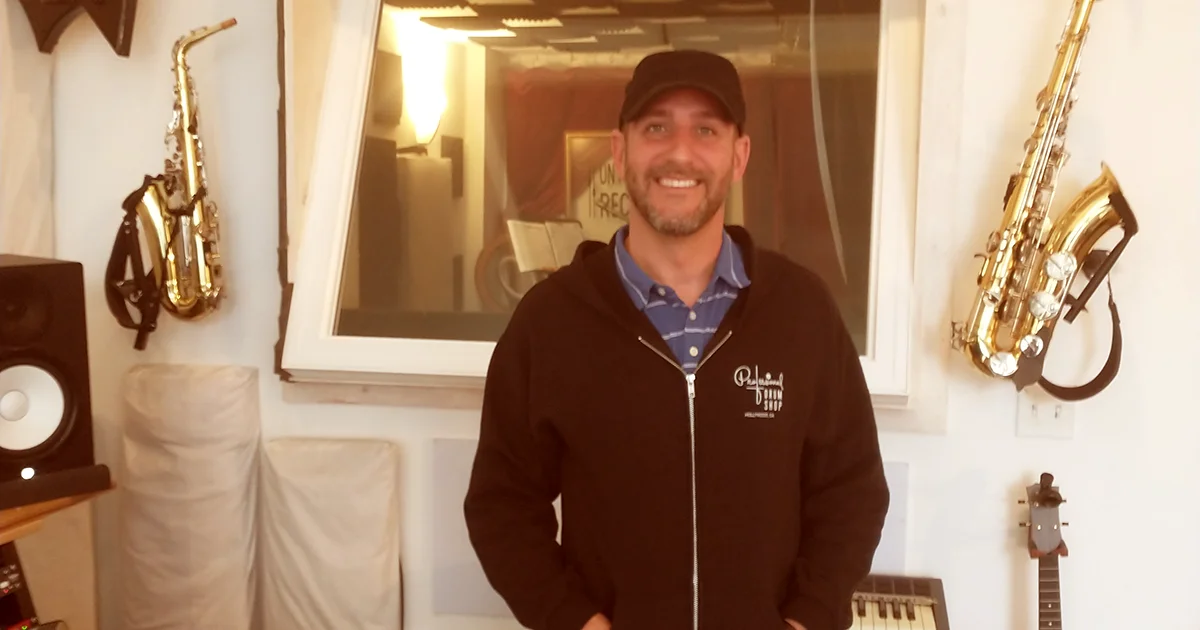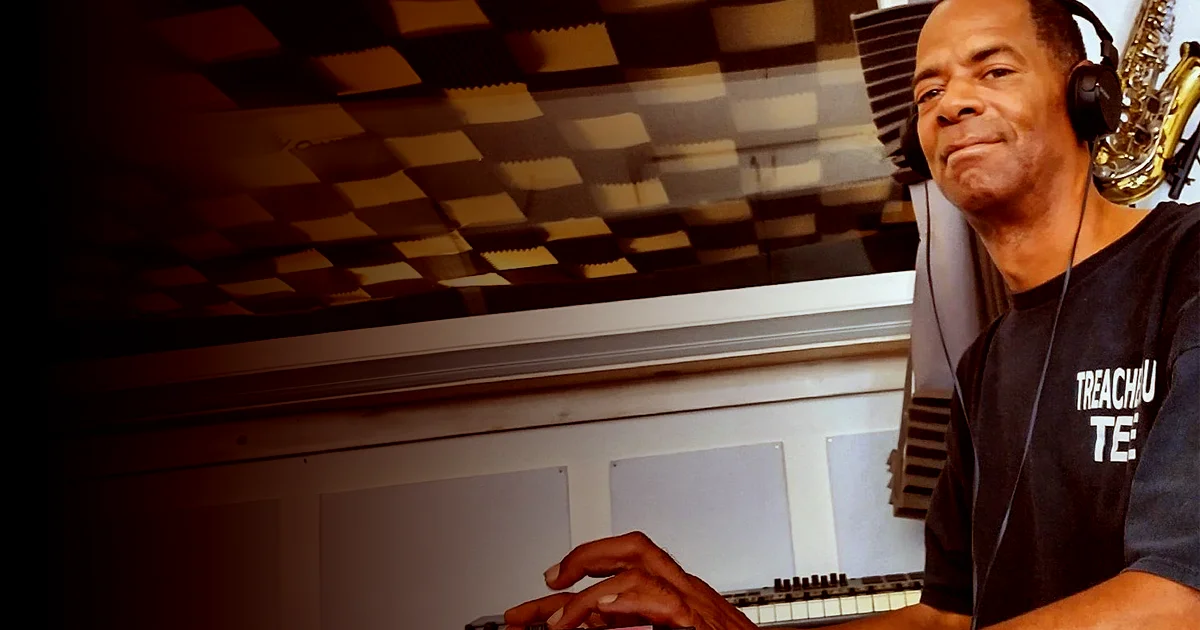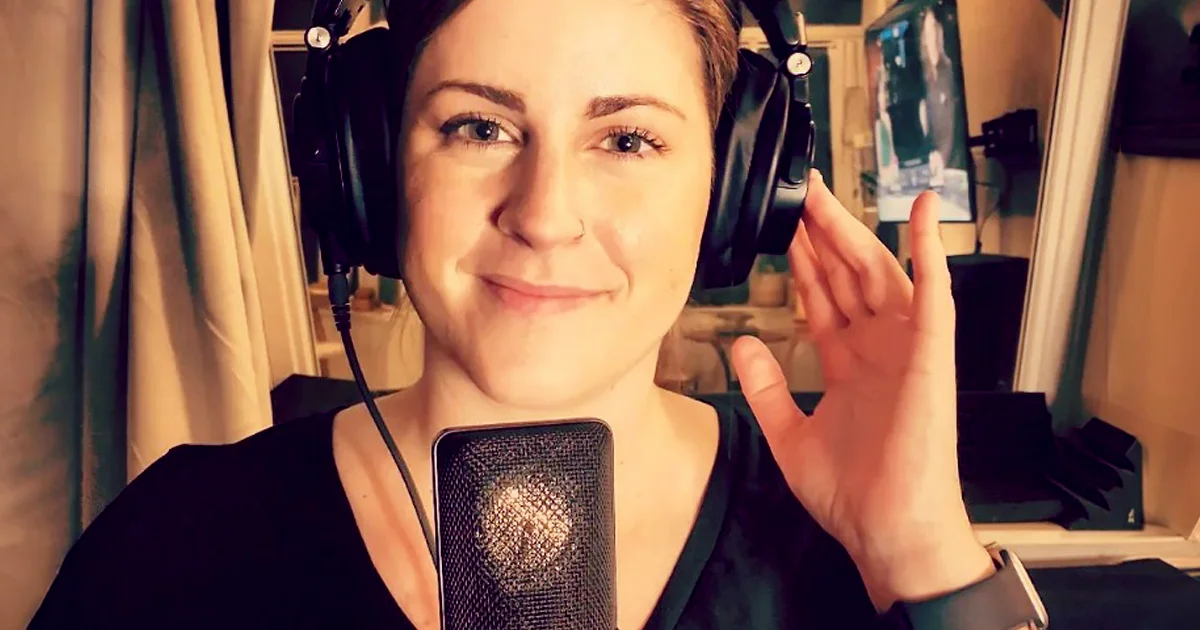Recording Studio South Loop Chicago | Musical Legacy & History

Looking for a recording studio for South Loop artists? Untold Stories Recordings serves South Loop musicians with professional recording, mixing, and mastering services. Located nearby at 1007 West 19th Street, we’re Chicago’s #1-rated recording studio on Google.
South Loop’s Music History: A Chicago Neighborhood’s Legacy
As the owner of Untold Stories Recordings, I’m inspired by the South Loop’s rich music history, a Chicago neighborhood that has shaped sounds for over a century. From sheet music printing to legendary blues and jazz performances, the South Loop has been a hub for musicians and fans alike. Let me take you through this neighborhood’s musical past, which continues to influence Chicago’s vibrant music scene.
Early Printing and Sheet Music in the 1880s
In the 1880s, Printers Row in the South Loop became a key center for music publishing. Local presses worked with Chicago companies like Forster Music Publisher and Clayton F. Summy to produce sheet music for jazz and ragtime. These printed pages were shipped across the country, thanks to the area’s proximity to train lines, allowing bands and home musicians to play the latest tunes. This early music industry helped establish the South Loop as a vital part of Chicago’s music culture.
Symphony and Opera at the Auditorium Theatre
In 1889, the Auditorium Theatre opened in the South Loop and became a major venue for classical music. The Chicago Symphony Orchestra and the Chicago Grand Opera Company performed there, drawing large crowds to hear powerful orchestral pieces and soaring opera voices. The theater’s excellent acoustics and grand architecture made it a standout location for music, and it remains a cherished part of the South Loop’s history today.
Chess Records and the Blues Boom in the 1940s
In 1947, Leonard and Phil Chess founded Chess Records on South Michigan Avenue in the South Loop. They recorded Chicago blues artists like Muddy Waters, Howlin’ Wolf, Willie Dixon, Bo Diddley, Little Walter, and Koko Taylor, whose music defined the genre. National stars like Etta James and Chuck Berry also laid down tracks there, and in 1964, the Rolling Stones visited to record. Chess Records played a huge role in spreading blues music nationwide, making the South Loop a cornerstone of Chicago’s blues scene.
Jazz at the Jazz Showcase
The Jazz Showcase, a legendary Chicago jazz venue, opened in 1947 and has been a part of the South Loop’s music scene at different times. From 1981 to 1995, it was located at the Blackstone Hotel, and since 2008, it has returned to the South Loop. The venue has hosted artists like Sun Ra in the 1980s and Ira Sullivan in recent years, offering a space for jazz musicians to perform and connect with fans. Its presence keeps the South Loop’s jazz tradition alive.
Counterculture Bands in the 1960s and 1970s
During the 1960s and 1970s, the Auditorium Theatre became a hotspot for counterculture bands. Major acts from that era played electric guitars and sang bold lyrics, drawing fans to the South Loop for unforgettable shows. The neighborhood’s streets were filled with energy as crowds gathered for these performances, adding to the South Loop’s reputation as a place for groundbreaking music.
The South Loop’s Music Scene Today
Today, the South Loop remains a hub for music education and events. Columbia College Chicago, located in the neighborhood, trains new musicians in composing and performing, fostering the next generation of talent. Since 2005, Lollapalooza has brought bands from around the world to Grant Park each summer, attracting huge audiences and keeping the South Loop central to Chicago’s music culture.
Why Untold Stories Recordings Fits the South Loop’s Legacy
At Untold Stories Recordings, we draw inspiration from the South Loop’s incredible music history to create a Chicago music studio where artists can thrive. With top-quality equipment and skilled engineers, we’re committed to producing clear, professional recordings. Whether you’re a seasoned artist seeking the best recording studio in Chicago or a local musician looking for a recording studio, we’re here to help you create music that lasts. If you’re a South Loop artist ready to record, come to Untold Stories Recordings and be part of Chicago’s musical story. Call (872) 444-6316 to book your session today.



